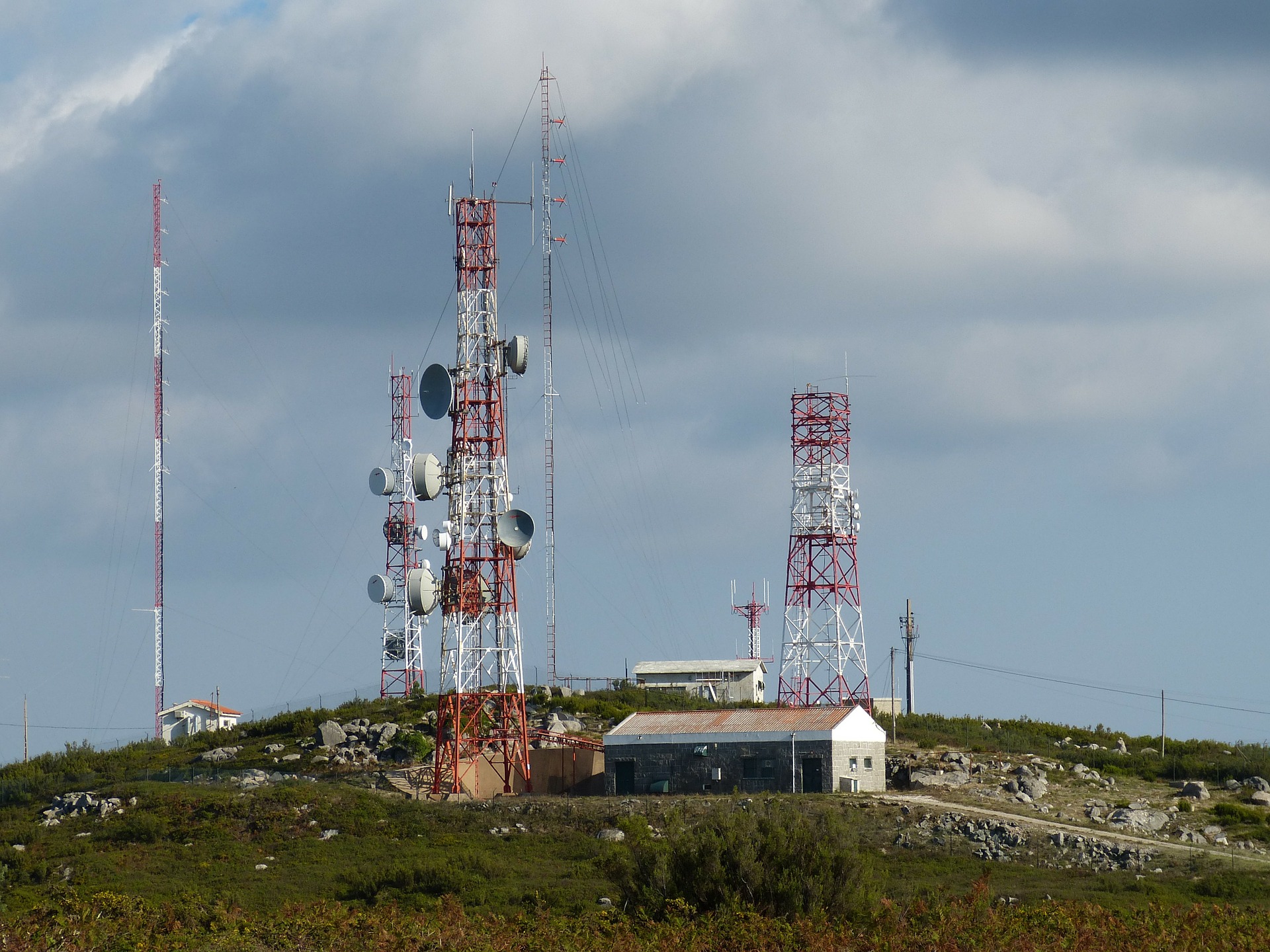RAYMOND, Maine — Dielectric has announced the immediate availability of new low-band VHF systems, which include the company’s circularly polarized DCR-Q FM ring-style antennas with tunable filters and its durable rigid transmission line for Channels 4 and 5.
The systems are well-suited for UHF band broadcasters that opted out of the band as part of the FCC’s incentive auction and chose to relocate to Channels 4 and 5. The tunable filters, in particular, fill an industry void, the company said.
The DCR-Q is a more affordable alternative to panel antennas typically used on Channels 4 and 5, it said. They are also more compact, reducing the time needed for installation.
[Read: Dielectric Opens Lewiston Factory]
“The DCR-Q provides Channel 4 and 5 broadcasters with a much lighter option [than panel antennas] that vastly reduces loading and physical space,” said Cory Edwards, OEM sales, Dielectric. “The circular polarization of the DCR-Q brings additional value to Channels 4 and 5 broadcasters by improving indoor reception.”
A side-mounted broadband antenna, the DCR-Q was initially developed based on a customer request to support nine FM stations. Its wideband characteristics and high-power handling capability make it equally well-suited for low-band VHF television broadcasters.
The antenna also offers low weight and wind loading, which should benefit broadcasters looking to sidestep the cost and challenges of reinforcing towers to handle heavier panel antennas, the company said.
The professional video industry's #1 source for news, trends and product and tech information. Sign up below.
The systems’ tunable filters make use of the same efficient design characteristics available as part of Dielectric’s tunable waveguide filters introduced last year. When installed the design adapts to environmental changes like temperature and humidity to maintain channel tuning as signals move along the RF filtering process, it said.
The systems may also prove to be popular among low-power broadcasters moving to low-band VHF following the repack of Class A and full-power TV stations, added Edwards.
More information is available on the Dielectric website.
Phil Kurz is a contributing editor to TV Tech. He has written about TV and video technology for more than 30 years and served as editor of three leading industry magazines. He earned a Bachelor of Journalism and a Master’s Degree in Journalism from the University of Missouri-Columbia School of Journalism.

